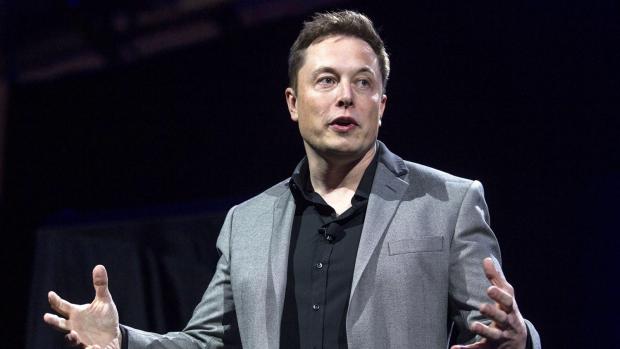
Breaking News
 Teacher Enoch Burke Arrested Again at Wilson's Hospital School...
Teacher Enoch Burke Arrested Again at Wilson's Hospital School...
 Ray Dalio: "The USD may lose its reserve currency status."
Ray Dalio: "The USD may lose its reserve currency status."
 Mark Carney's full speech at the World Economic Forum
Mark Carney's full speech at the World Economic Forum
 Advanced-Stage Colon Cancer Dies When You Do THIS
Advanced-Stage Colon Cancer Dies When You Do THIS
Top Tech News
 The day of the tactical laser weapon arrives
The day of the tactical laser weapon arrives
 'ELITE': The Palantir App ICE Uses to Find Neighborhoods to Raid
'ELITE': The Palantir App ICE Uses to Find Neighborhoods to Raid
 Solar Just Took a Huge Leap Forward!- CallSun 215 Anti Shade Panel
Solar Just Took a Huge Leap Forward!- CallSun 215 Anti Shade Panel
 XAI Grok 4.20 and OpenAI GPT 5.2 Are Solving Significant Previously Unsolved Math Proofs
XAI Grok 4.20 and OpenAI GPT 5.2 Are Solving Significant Previously Unsolved Math Proofs
 Watch: World's fastest drone hits 408 mph to reclaim speed record
Watch: World's fastest drone hits 408 mph to reclaim speed record
 Ukrainian robot soldier holds off Russian forces by itself in six-week battle
Ukrainian robot soldier holds off Russian forces by itself in six-week battle
 NASA announces strongest evidence yet for ancient life on Mars
NASA announces strongest evidence yet for ancient life on Mars
 Caltech has successfully demonstrated wireless energy transfer...
Caltech has successfully demonstrated wireless energy transfer...
 The TZLA Plasma Files: The Secret Health Sovereignty Tech That Uncle Trump And The CIA Tried To Bury
The TZLA Plasma Files: The Secret Health Sovereignty Tech That Uncle Trump And The CIA Tried To Bury
A Teenager Tracked Elon Musk's Jet on Twitter. Then Came the Direct Message.

Jack Sweeney, 19, a freshman at the University of Central Florida in Orlando, has been tracking a Gulfstream G650ER that he identified as Mr. Musk's private jet and posting maps of its whereabouts on a popular Twitter account since June 2020.
Mr. Musk is not the only famous person being followed by the pesky wingman, who has thwarted efforts by Mr. Musk and others to cloak their movements on aircraft-tracking applications and websites.
The nosy can also keep up with Drake, Mark Cuban, Jeff Bezos and Bill Gates on Mr. Sweeney's other accounts.
Mr. Sweeney said on Wednesday that he was able to track them using data from their plane's transponders — a public record that includes the aircraft's altitude, latitude and longitude and heading — an algorithm and a bot that he created.
But Mr. Musk was rather vexed by the flight-tracking gambit, Mr. Sweeney recalled in an interview, saying that he received a direct message on Nov. 30 from the billionaire on Twitter asking him to deactivate the account @ElonJet.
"I go like, Oh my gosh, Elon Musk just DM'd me: 'Can you take this down? It's a security risk,'" Mr. Sweeney said. "Then he offered me $5,000 to take it down and help him make it slightly harder for 'crazy people to track me.'"
Mr. Sweeney provided screenshots of the exchange to The New York Times, which was not able to independently verify its authenticity.
Mr. Musk did not immediately respond to messages seeking comment on Wednesday, including to say whether he sent the messages.
The exchange highlighted the tension between the open public records and privacy — and it was not the first time famous people had been tracked. Journalists have used flight-tracking apps to follow politicians ahead of vice-presidential selections. Investors use them to shadow chief executives to get wind of corporate mergers. Sports fans have used them to track coaching candidates of their favorite teams.

 Nano Nuclear Enters The Asian Market
Nano Nuclear Enters The Asian Market


